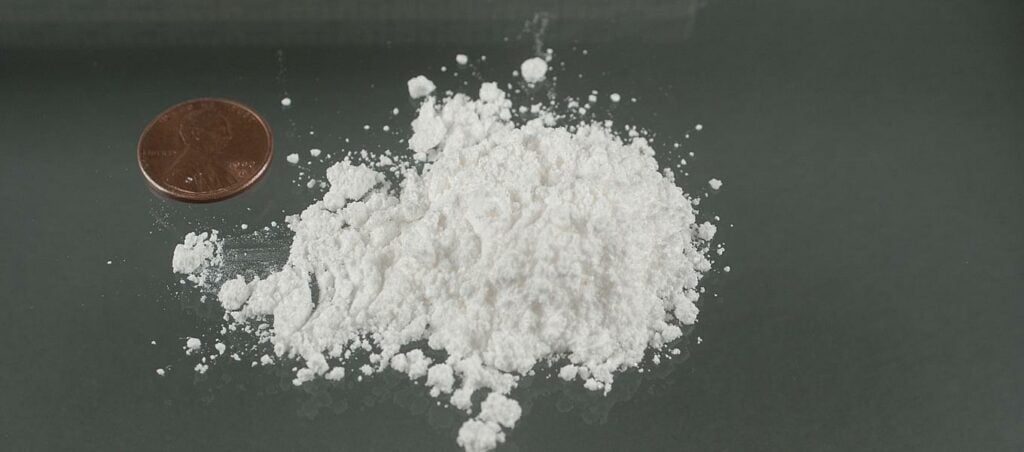Cocaine is a white powdery substance that interacts with the body’s central nervous system to produce energy and euphoria. Although there are undeniable physical symptoms of addiction, it is often the psychological addiction that is the most difficult to overcome. Someone who uses cocaine frequently will develop a dependence on it, which means they will need it to feel normal. But did you know genetics determines cocaine addiction?
A male cocaine addict who fathers a son passes on genetic adaptations that reduce or eliminate his son’s susceptibility to cocaine addiction. It does not, however, work for daughters.
Inheriting the Addiction
It is common for overweight people to blame their weight on their ancestors. Celebrities caught snorting cocaine may now be able to blame their parents.
Scientists announced yesterday the discovery of a gene that increases the likelihood of becoming addicted to the drug. A study found that cocaine addicts were 25% more likely to have the gene variant than non-addicts.
The discovery is unlikely to lead to a treatment for cocaine addicts, but scientists hope it can be used to screen those who are most likely to struggle with quitting if they try the drug.
If you are a carrier of this gene variant, the likelihood of getting addicted to cocaine is higher. You can certainly use this as a vulnerability marker for cocaine addiction.
Rainer Spanagel, Professor of Psychopharmacology, Central Institute of Mental Health in Mannheim
He stated that people who are found to be susceptible to cocaine addiction could be counseled or protected with experimental vaccines that are currently being developed. The vaccines are intended to prevent the high, or euphoria, associated with the drug.
An analysis released last week by the European Union’s drug agency placed Britain at the top of its list of cocaine-abusing countries, with its users outnumbering all others on the continent.
Scientists believe that genetic factors account for 70% of cocaine addiction, making it as heritable as schizophrenia and other mental health conditions. Twin studies indicate that alcoholism is 50% genetic.
After studying mice genetically modified to change the gene, researchers discovered a link between a version of the CAMK4 gene and cocaine addiction. According to the study published in the US journal Proceedings of the National Academy of Sciences, one breed was more strongly affected by the drug. It became addicted faster than others in the group.
The researchers conducted genetic tests on 670 cocaine addicts and over 700 matched non-users to see if the gene played a role in cocaine addiction in humans. While the gene was found in 40% of non-users, it was also found in half of the addicts. (Source: The Guardian)
Why is Cocaine Addictive?
Dopamine is linked to euphoric emotions, movement regulation, and the processing of reward cues. While cocaine users may experience these highs for a short period, once the drug leaves the system, they may experience unpleasant side effects such as anxiety, confusion, irritability, and agitation.
These adverse effects may cause people to use cocaine regularly to avoid unpleasant withdrawal symptoms, which can lead to the development of tolerance. Tolerance develops when more frequent and increased use is required to achieve the same level of positive effects or high while temporarily alleviating the adverse effects of cocaine withdrawal. (Source: Drug Abuse)
Image from Dea.Gov
